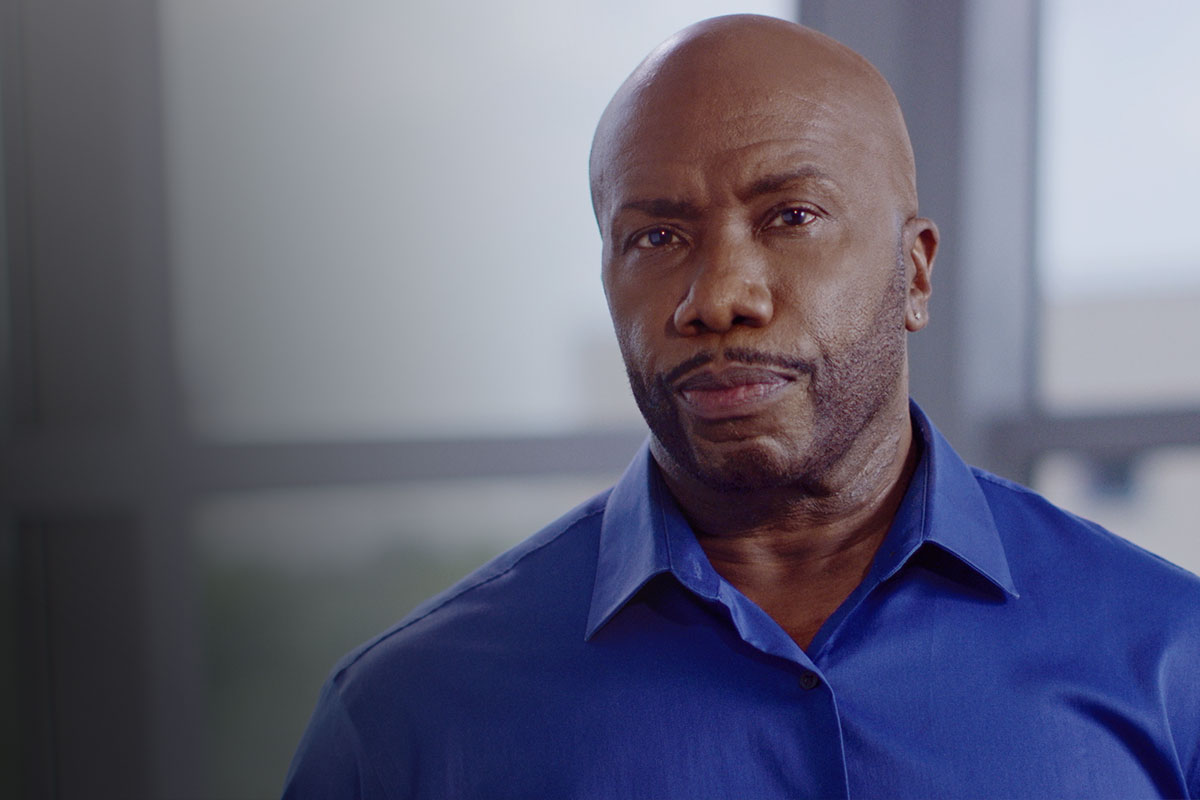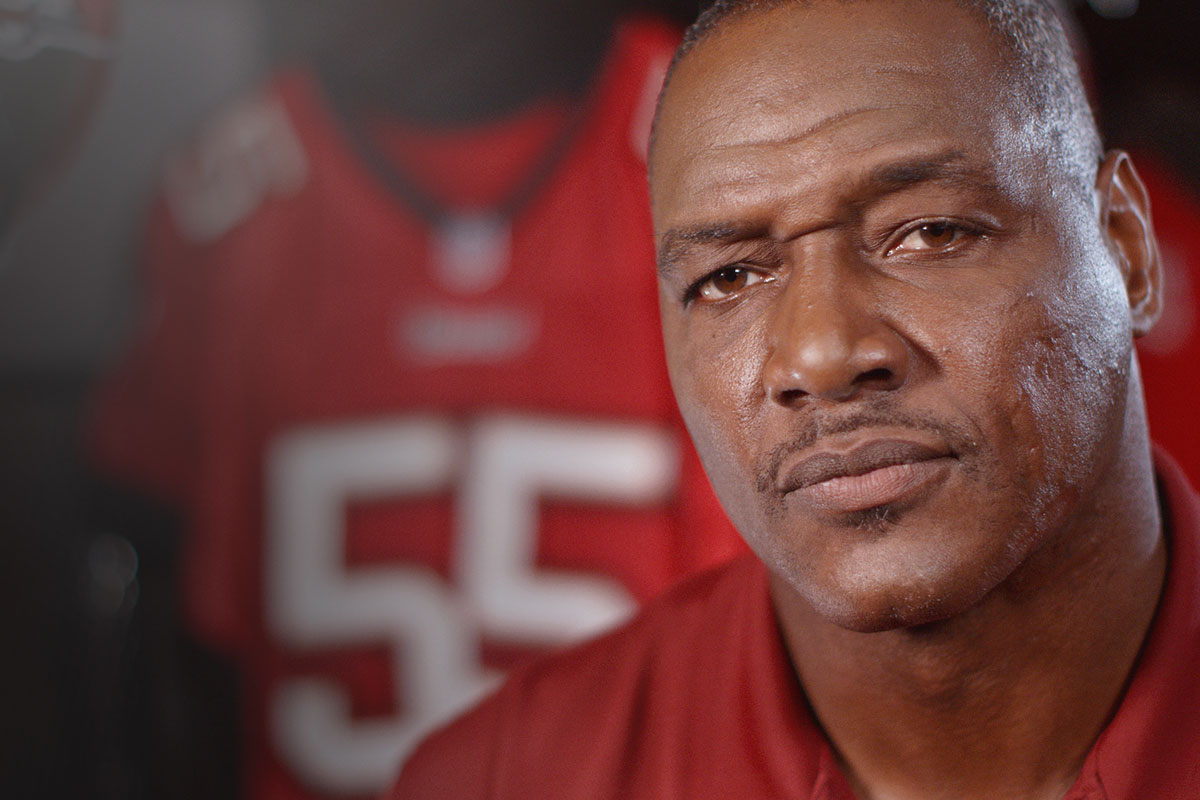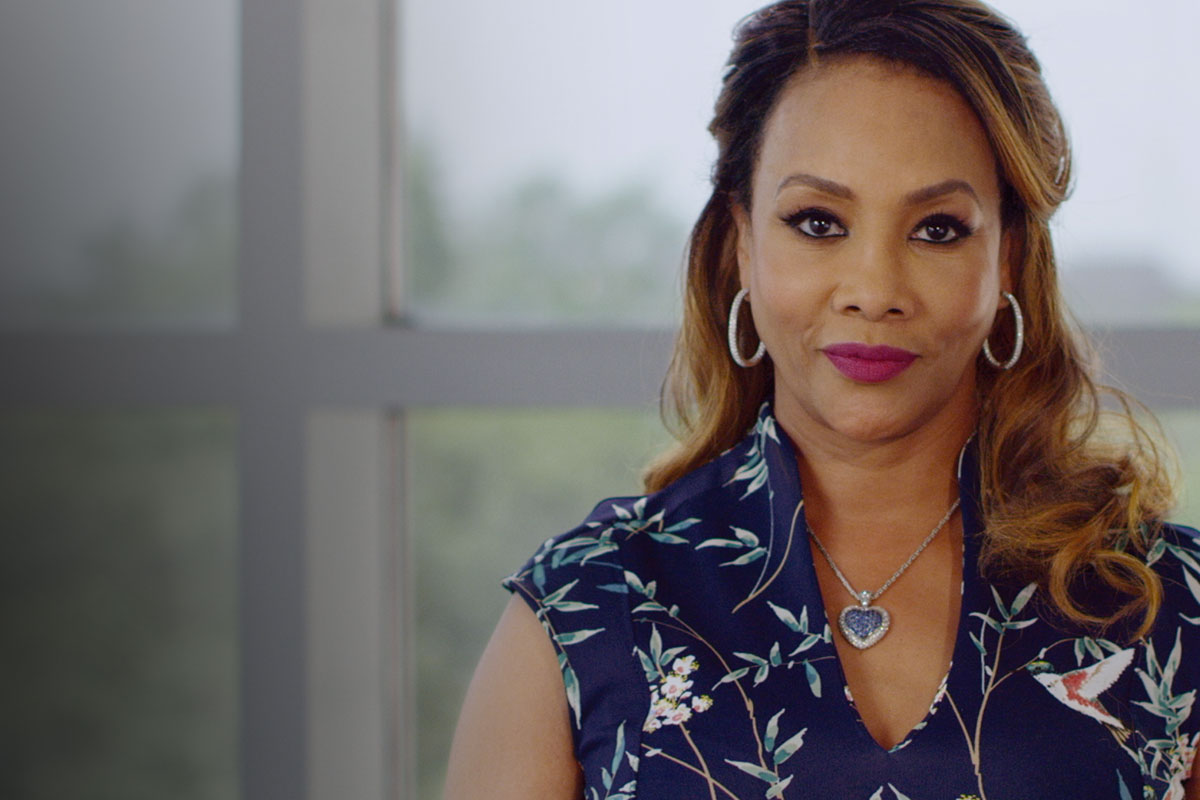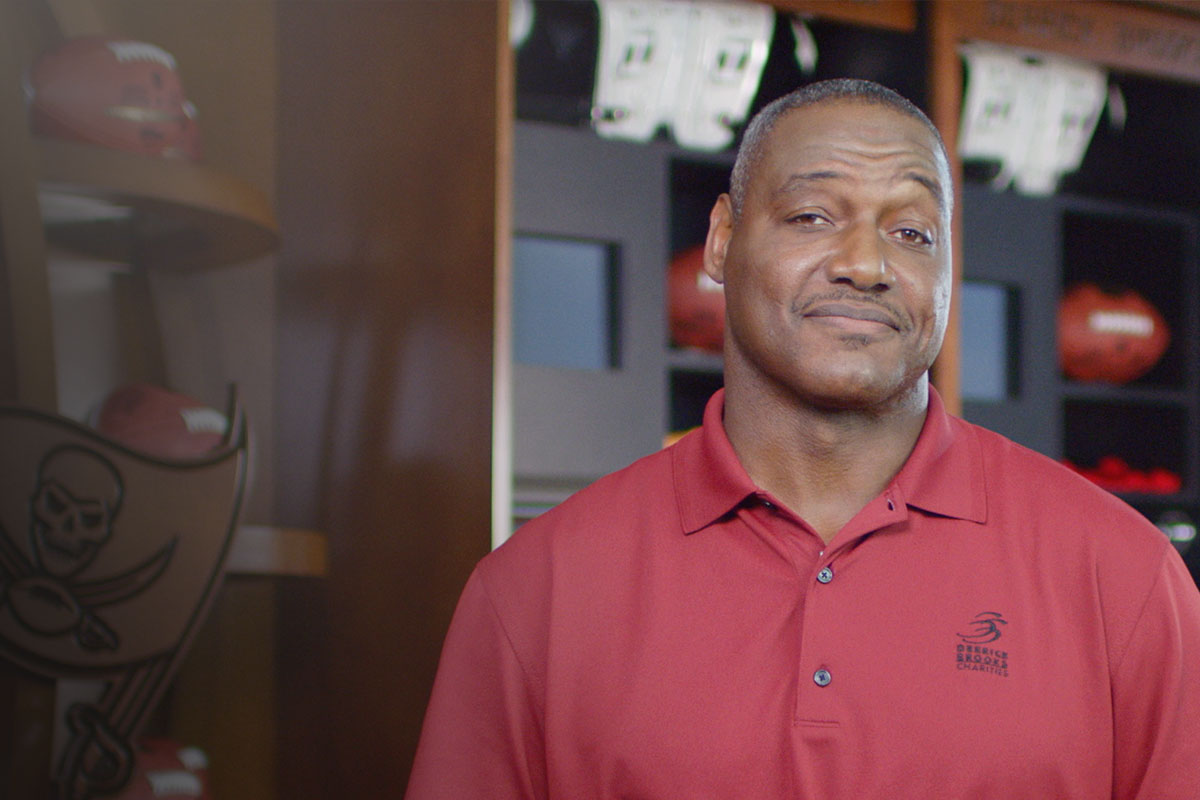You should talk to your doctor or other healthcare provider about where you can be screened for cancer. It is important to know your health insurance plan and what is covered regarding cancer screenings. You should also know your insurance coverage network so you do not pay higher, out-of-network fees. If you do not have a personal healthcare provider or do not have health insurance, Federally-Qualified Health Centers, free clinics, and your local health department can offer a variety of services at reduced costs. You can find your nearest Federally-Qualified Health Center by visiting: https://findahealthcenter.hrsa.gov/
-

"It might already be taking hold inside of you."
PAUL Anthony
Grammy Winning producer | Musician
Colon CANCER ADVOCATE
Screening, it's a powerful tool.
LEARN MORE -

"There is one type of quitter I admire."
Derrick Brooks
NFL Hall of Fame linebacker
LUNG CANCER ADVOCATE
A simple screening can reduce your risks.
LEARN MORE -

"Strong women take charge of their lives."
Vivica fox
actress | producer
BREAST CANCER ADVOCATE
It all starts with learning the facts.
LEARN MORE -

"Being educated is the key."
DERRICK BROOKS
NFL HALL OF FAME LINEBACKER
PRostate CANCER ADVOCATE
Early detection and treatment saves lives.
LEARN MORE
Cancer prevention and early detection is your defense against cancer.
You can take easy steps to be healthy and help reduce your cancer risk.
-Eat plenty of fruits, vegetables, lean meats and whole grains.
-Stay active with regular physical activity
-Stop smoking and limit alcohol use
-Get enough sleep and try to reduce stress
Early detection Saves lives.
Early detection of cancer, through screenings, significantly increases the chances of finding cancer early before it has a chance to grow and spread. When cancer is found early it can be more successfully treated and eliminated.

Colon Cancer
A COLON CANCER SCREENING IS RECOMMENDED FOR MEN AND WOMEN BEGINNING AT AGE 50
There are several screening options available such as, at-home stool test and a colonoscopy. Tests like a colonoscopy have the ability to find cancer and remove polyps that have the potential of turning into cancer.
Breast Cancer
A mammography test is recommended annually for women beginning at age 40
A mammography consists of a series of low-dose breast X-ray images. Women should be familiar with how their breasts normally look and feel and report any breast changes to a health care provider right away.
Lung Cancer
A Lung cancer screening is recommended for current or former smokers between the ages of 55-80
Lung cancer screening consists of a low-dose computed tomography (CT) scan. A CT scan is similar to an X-ray where detailed pictures of the chest are taken.
Prostate Cancer
A Prostate cancer screening is recommended for men ages 50-75
Make an informed decision with a health care provider about being screened. A blood test is performed to check the prostate-specific antigen level or a digital rectal exam is done where a doctor will feel the prostate gland.
Frequently Asked Screening Questions
-
Where can I find a place to get screened?
-
What if I need assistance paying for a screening?
2-1-1 has a list of local information and resources that can provide financial assistance. Call 2-1-1 to speak to a trained individual in your area or visit www.211.org and search your Zip Code or City, State to find your local 2-1-1 information online.
-
What if I have questions about other cancers not covered here?
Trusted, national resources provide basic information, statistics, and resources about some of the most common cancers in the United States. You can learn more about other cancer types from the Centers for Disease Control and Prevention, the American Cancer Society and the National Cancer Institute,
-
I've been diagnosed. Where can I find info on support services?
Trusted, national resources provide information on being newly diagnosed, coping with cancer, and cancer treatment and support services. You can find this information from The National Cancer Institute and the American Cancer Society.
-
What are the potential side effects of being screened?
Some screening tests can have false-positive results. This means that test results can show that cancer may be present even though it is not. Also, there is a chance for false-negative results. This means that test results can show that cancer is not present even though it is. It is important to discuss the potential harms, as well as, benefits of different cancer screening tests with a healthcare provider.
-
What happens if I have an abnormal screening test?
If a screening test result is abnormal, more tests called diagnostic tests may be needed. Diagnostic tests may include a biopsy, where cells or tissues are removed to check them under a microscope for signs of cancer.
Need Assistance?
This information is presented by Moffitt Cancer Center. If you have additional questions about cancer prevention and screening, please fill out this contact form. A specialist from Moffitt Cancer Center will assist you with your questions.
Moffitt Cancer Center
12902 USF Magnolia Drive
Tampa, FL 33612
1-888-663-3488
diversity@moffitt.org



